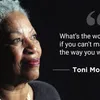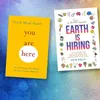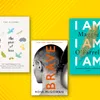How Nobel laureate Toni Morrison addressed the complexities of race, gender, and class in her novels
From the haunting story of little Pecola in ‘The Bluest Eye’ to the deeply painful portrait of slave Sethe’s life in ‘Beloved’, here are some of Toni Morrison’s books you must get your hands on soon.
Toni Morrison, a towering voice whose work took a deep dive into race, gender, and class tensions in America, passed away this week. In a long and accomplished career spanning several decades, Toni Morrison came to be known as a master of creating unforgettable characters that highlighted racism and racial violence, often in ways that made polite society uncomfortable. Therein lay the Nobel laureate’s unapologetic pursuit to tell a story, come what may.
The Pulitzer Prize winner once said, “If there's a book that you want to read, but it hasn’t been written yet, then you must write it.”
And Toni Morrison did just that.

As the world mourns the passing of a literary giant, HerStory curates a list of Toni Morrison’s must-reads, books that taught a whole generation how to think, question, and fight back.
The Bluest Eye

The Bluest Eye, the around-200-page dynamite, was Toni Morrison’s first novel, published in 1970. One wouldn’t think it’s the author’s debut, however, because the book’s tone is that of a seasoned novelist.
A visceral, gut-wrenching account of the last citizen in the US – a poor, black girl child, The Bluest Eye managed to pick at a nation’s conscience and boldly redirect it to the still palpable reality of racism in post-slavery America.
Set in 1941, this is the story of Pecola Breedlove, a little African American girl who yearns to be beautiful; beautiful like the blue-eyed, blond-haired children she sees on posters and around her.
Through her (black) eyes, Toni Morrison shows readers how it is to grow up in a country where you are the ‘Other’. And what a constant reminder of that can do to a child’s psyche: all Pecola wants is a pair of cerulean eyes to believe she is beautiful.
Toni Morrison does not hold back from taking the novel as far as it can go, with themes of incest and child molestation playing major roles. It is not a “pretty” story but an important one. Despite the many attempts to ban the book over the years in the US, the story of little Pecola, which takes devastating turns, cannot be ignored, much like Toni Morrison’s voice itself, which refused to be snuffed out.
Beloved
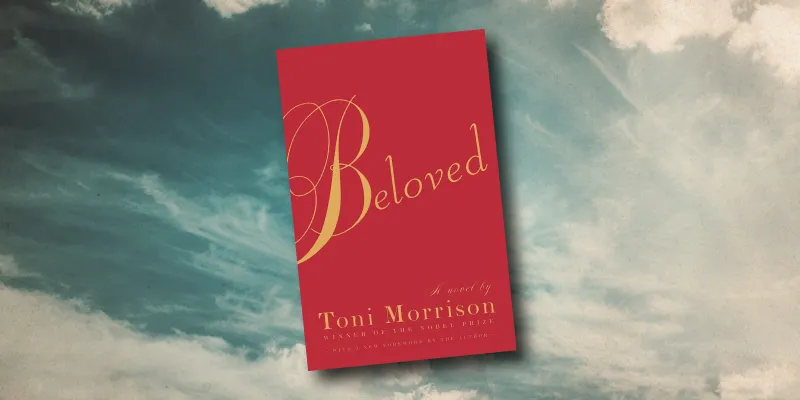
Published in 1987, Beloved won Toni Morrison a Pulitzer Prize, and rightly so. This is a searing portrait of Sethe, a slave fleeing her traumatic reality and holing up in a house haunted by her past. This is Toni Morrison’s best-known work as it captures the psychological trauma stemming from racial violence and slavery in America.
Another tale that is not for the faint-hearted, Beloved deals with some painful themes like rape and infanticide. Couched within all the violence based on a person’s skin colour is a meditation on human nature itself. And the desperate length a mother would go to ensure her child does not go through the same horrors she had to go through as a black slave.
Beloved is a bitter pill to swallow even in a post-slavery America, which is still consumed by racial tension, especially in recent times. An essential reading to remind you that slavery may be a thing of the past, but true freedom is still out of reach for many vulnerable sections in the US, and beyond.
Sula
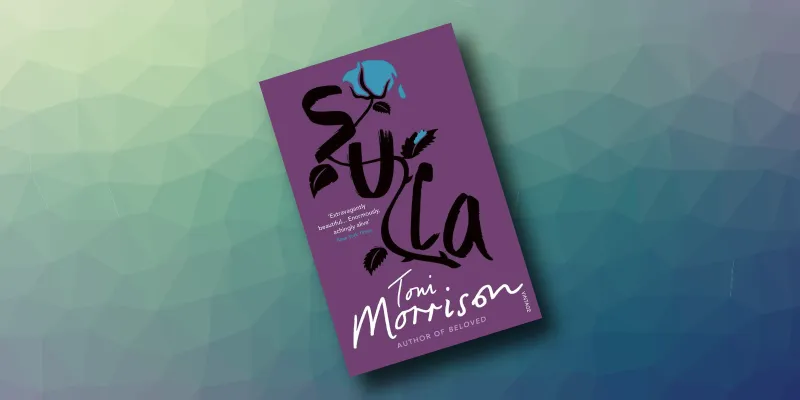
In Sula, Toni Morrison crafts an unforgettable female character and immortalises the multi-layered nuances of female friendship.
In another hard-hitting novel by the accomplished author, we follow Sula Peace and her friend, Nel Wright, as they navigate through a childhood littered with hardships, the kind only a poor black girl will be exposed to in 1920s America. Inseparable, the two girls’ path diverge when an accident punctures their friendship.
The girls grow up in a poor neighbourhood in Ohio, called the Bottom, where black people of the town reside, “taking small consolation in the fact that every day they could literally look down on the white folks” who lived in the valley.
In her first novel, The Bluest Eye, Toni Morrison established herself as a voice that could not be ignored; and with Sula, her second, she had arrived as a master of characterisation.
Opulent prose is effortlessly interspersed with jolting truths about the way women are raised up and brought down for the same action earns the book a place in every black feminism reading list.
Song of Solomon
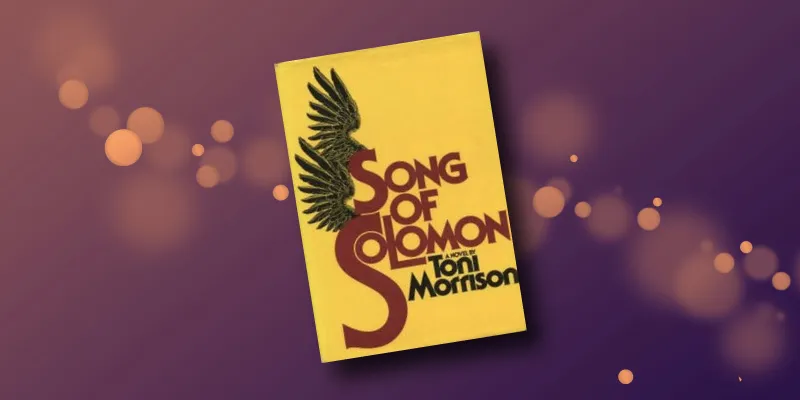
The rich tapestry of magical realism that Toni Morrison weaves with Song of Solomon earned the author a comparison to other greats like Gabriel García Márquez, whose body of work liberally embraced the literary genre.
Touted to be former US President Barack Obama’s favourite work of Morrison’s, Song of Solomon is presumably the coming-of-age story of Macon “Milkman” Dead III, but so much more.
Between the covers of this masterfully crafted novel unspools the story of many black lives. Milkman’s search into his past to understand his identity unfurls the story of his father, a hardened rich man, the only black with a car in the neighbourhood. Out stumble a whole host of other greatly fleshed-out cast of characters that shape Milkman, a black man living in 1990s America.
This gender-bending novel has some great female characters too, particularly Pilate, the woman without a bellybutton. Family history sets the context for actions, and shows how humans are moulded by the past as much as the unavoidable present.
Dealing yet again in taboo topics, the third novel of Morrison’s was banned in American classrooms, but like all her works, has managed to seep through the cracks and strike a chord.
Paradise
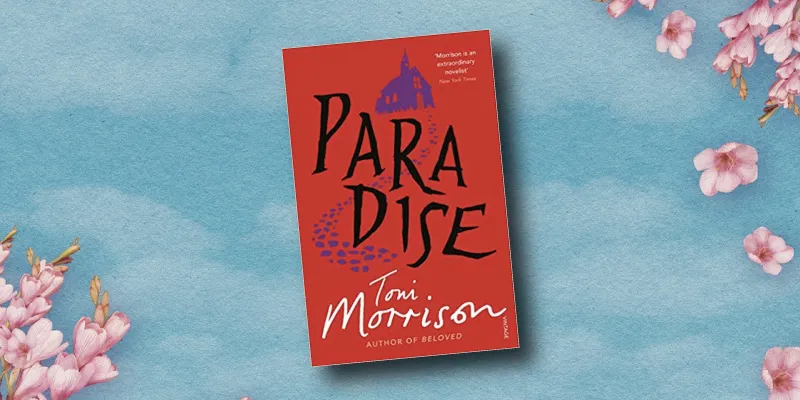
Paradise is a brilliant meditation on the concept of oppression, the oppressor, and the oppressed. Starting with a bone-chilling line of "They shoot the white girl first. With the rest they can take their time", Toni Morrison unravels a tale which delves into human nature — when the oppressed becomes the oppressor.
Ruby, a town set apart from the rest as a black-only colony of former slaves, shuns the outside world to create a utopian existence. But, as religious cults and utopian communities have time and again proven, this ‘paradise’ for the fleeing oppressed soon becomes a hotbed of oppression itself.
Patriarchy is rife within Ruby, which holds a mirror to human depravity and its all-pervasive need for othering.
Elegant sentences jostle with clipped, bitter ones as Toni Morrison revisits black history through the lens of race tensions, gendered violence, and patriarchy. A difficult read dealing in a wide range of complex issues, but Paradise is a warning of how a seemingly well-intended move can go horribly, horribly wrong.
(Edited by Megha Reddy)



